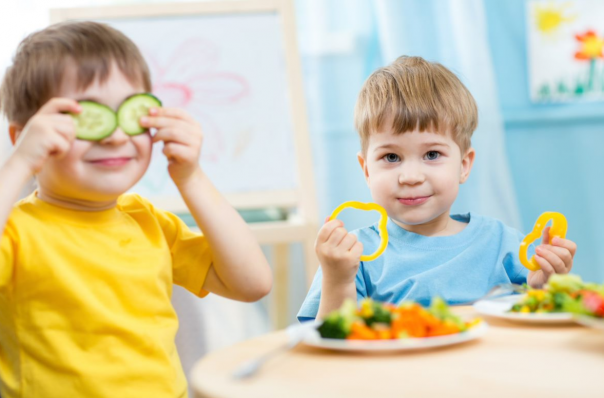
According to the Food Foundation low-income families often have to spend 40% of their income on food if they want to meet healthy eating recommendations in comparison to the richest fifth who spend just 7% of their income on food.
The Bridging the Gap programme will learn from and build on locally based small-scale initiatives with promising solutions. One example in Preston where locally produced and organic food will be given to low-income families via vouchers and recipe kits.
Kath Dalmeny, chief executive of national food and farming charity Sustain, said: “We want to ensure we transition from food aid to food trade’ to provide healthy, affordable, planet-friendly food for all.
“Food that is good for people and the planet, benefits communities and supports decent livelihoods is currently more expensive than food that is bad for health and produced in ways that damage the planet. If we’re serious about tackling the combined crises of the cost of living, climate emergency and social justice head on, we need to make healthy, climate friendly diets the norm and available to all.”